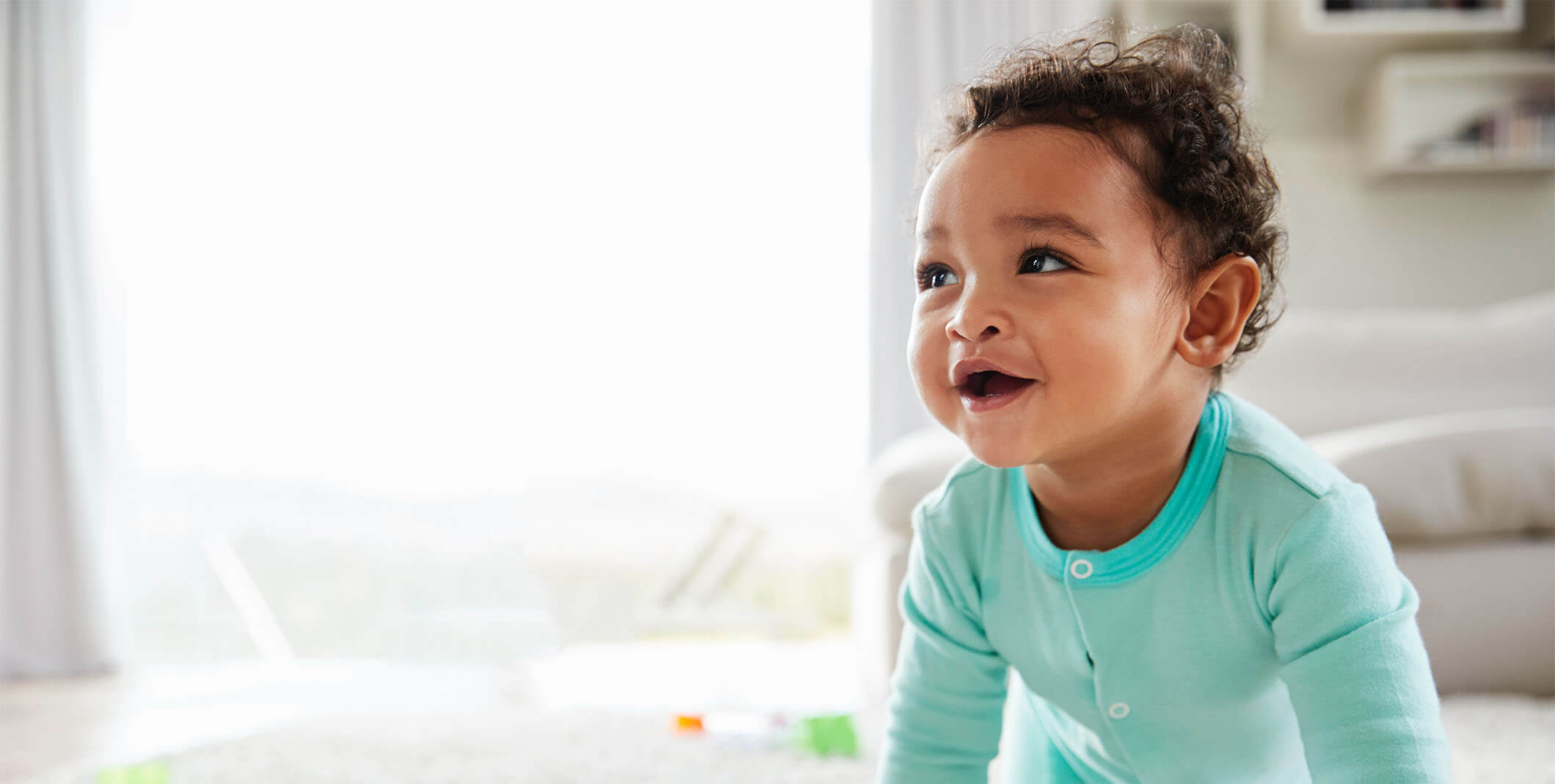Pediatric Developmental Milestone: What Should Parents Look For?
All children are individuals who have their own personality, abilities, and strengths. With that understanding, there are some “normal” milestones parents and educators look for to see if a child is developing at a typical rate. Not all children will, and that is not cause for alarm, but with certain missed developmental milestones, here is when to worry.
Early Years Are Crucial for Development
In general, milestones are things most children can do by a certain age, but all children develop at their own pace. When a child takes their first step is a recognized milestone. Moving and physical ability is also important, like crawling and sitting up.
Types of developmental behaviors include physical movement, cognitive abilities, communication and language, and social and emotional development.
If you notice your child has missed certain milestones, it is better to bring it to the attention of TLC Pediatric Therapies, a part of the family of companies here at Kid SPOT as soon as possible.
What Parents Should Look For?
The CDC has determined some milestones for parents to watch for at different ages. Here are a few examples.
At 2 Months
Your little one should smile, make sounds, turn head towards sounds, follow with eyes, and be able to hold his/her head up and push when on their stomach.
Of concern:
- If your child doesn’t respond to loud sounds
- Does not watch things as they move
- Does not smile at people
- Can’t hold head up when pushing up while on tummy
By 6 Months
Your baby should recognize both familiar and strange faces, like to play with parents, respond to his/her name, make sounds of joy and displeasure, begin to make consonant sounds, try to reach things, roll over both ways, and sit without any support.
Of concern:
- Does not show affection for parents or caregivers
- Does not respond to sounds
- Does not laugh
- Does not roll over in either direction
- Does not try to reach for things
By First Birthday
Is shy or nervous around strangers, cries when parents leave, puts out arm or leg when getting dressed, uses gestures like shaking head “no” or waving goodbye, walks holding on to furniture, may stand alone, copies gestures like clapping.
Of concern:
- Does not crawl
- Cannot stand when supported
- Does not learn gestures like waving goodbye
- Does not search for something you have hidden
- Loses skills
At Two Years Old
Most children can copy others, become excited when with other children, points to things or pictures when named, knows the names of people and body parts, can follow directions, kick a ball, run, get on furniture without help, walk up and down the stairs holding on, and can draw a straight line or a circle.
Of concern:
- Does not know what to do with a brush, phone, fork, or spoon
- Does not follow directions
- Does not walk steadily
- Does not use two-word phrases like “drink milk”
- Loses skills
Next Steps for Addressing Pediatric Development
Use this Milestone Tracker from the CDC If you have concerns about your child’s development. It will give you more information about what to look for and when to take action.
This checklist for parents is an additional resource that provides strategies.
Contact us here at MySpot if you have concerns about your child’s development.
This entry was posted in Child Behavior, Parenting. Bookmark the permalink.

